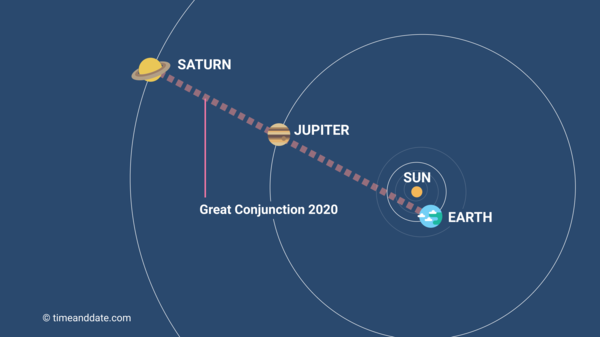Poverty
Poverty is a state of want, general scarcity, death or lack. It is also powerlessness, having no choice. It is a trap that stricken human beings. Absolute poverty or destitution refers to the deprivation of basic human needs, which commonly includes food, water, sanitation, clothing, shelter, health care and education. Poverty has a tendency of hitting harder on women and children in the community. People who are stricken by it live under constant fear of eviction, exposure to diseases and so on and so forth. It strips human beings of human dignity, what in South Africa is called “UBUNTU”.
Relative poverty is defined contextually as economic inequality in the location or society in which people live. Economic power and wealth is connected to poverty. Inequality of opportunities and greed pushes others into a state of poverty. In most nations today, inequality—the gap between the rich and the poor—is quite high and often widening. The causes are numerous, including a lack of individual responsibility, bad government policy, exploitation by people and businesses with power and influence, or some combination of these and other factors.
As human beings we need better redistribution and reforms that will better service the society. The reality is that people are pushed to poverty. Inequality will affect social cohesion and lead to problems such as increasing crime and violence. Most people have a lack consciousness or a scarcity mentality and as such they fear that resources will not be enough, and as a result some people feel comfortable when others have far less than them. We must, as a human race find it in ourselves that, our having shouldn’t have to be at the other’s expense. We must agree on basic human rights and the associated needs, such as clean water, land and wealth redistribution…ect..
According the world bank: After the industrial revolution, mass production in factories made production goods increasingly less expensive and more accessible. Of more importance is the modernization of agriculture, such as fertilizers, to provide enough yield to feed the population. The supply of basic needs can be restricted by constraints on government services such as corruption, tax avoidance, debt and loan conditionalities and by the brain drain of health care and educational professionals. Strategies of increasing income to make basic needs more affordable typically include welfare, economic freedoms, and providing financial services.
Poverty reduction is a major goal and issue for many international organizations such as the United Nations and the World Bank. The World Bank estimated 1.29 billion people were living in absolute poverty in 2008. Of these, about 400 million people in absolute poverty lived in India and 173 million people in China. In terms of percentage of regional populations, sub-Saharan Africa at 47% had the highest incidence rate of absolute poverty in 2008. Between 1990 and 2010, about 663 million people moved above the absolute poverty level. Still, extreme poverty is a global challenge; it is observed in all parts of the world, including developed economies.
Almost half the world — over 3 billion people — live on less than $2.50 a day.
The GDP (Gross Domestic Product) of the 41 Heavily Indebted Poor Countries (567 million people) is less than the wealth of the world’s 7 richest people combined.
Nearly a billion people entered the 21st century unable to read a book or sign their names. Less than one per cent of what the world spent every year on weapons was needed to put every child into school by the year 2000 and yet it didn’t happen.
1 billion children live in poverty (1 in 2 children in the world). 640 million live without adequate shelter, 400 million have no access to safe water, 270 million have no access to health services. 10.6 million died in 2003 before they reached the age of 5 (or roughly 29,000 children per day). For example, the new poverty line is defined as living on the equivalent of $1.25 a day. With that measure based on latest data available (2005), 1.4 billion people live on or below that line.Furthermore, almost half the world—over three billion people—live on less than $2.50 a day and at least 80% of humanity lives on less than $10 a day.
Governance is key to elevation and eradication of poverty. Therefore government policies should protect the respect of human rights, we believe that this will enhance trust between government and the citizens. Trust is definitely an integral part of governance, open and transparent. In other words what is required is strong rule of laws that minimize relative poverty. Sound Redistribution policies and programs involving taxation, employment, and most especially the inclusion of women in the workforce.
The issue of hunger and food shortages, seed patents, tax avoidance and tax evasions are highly connected to poverty: they are both sources and or results of poverty.










